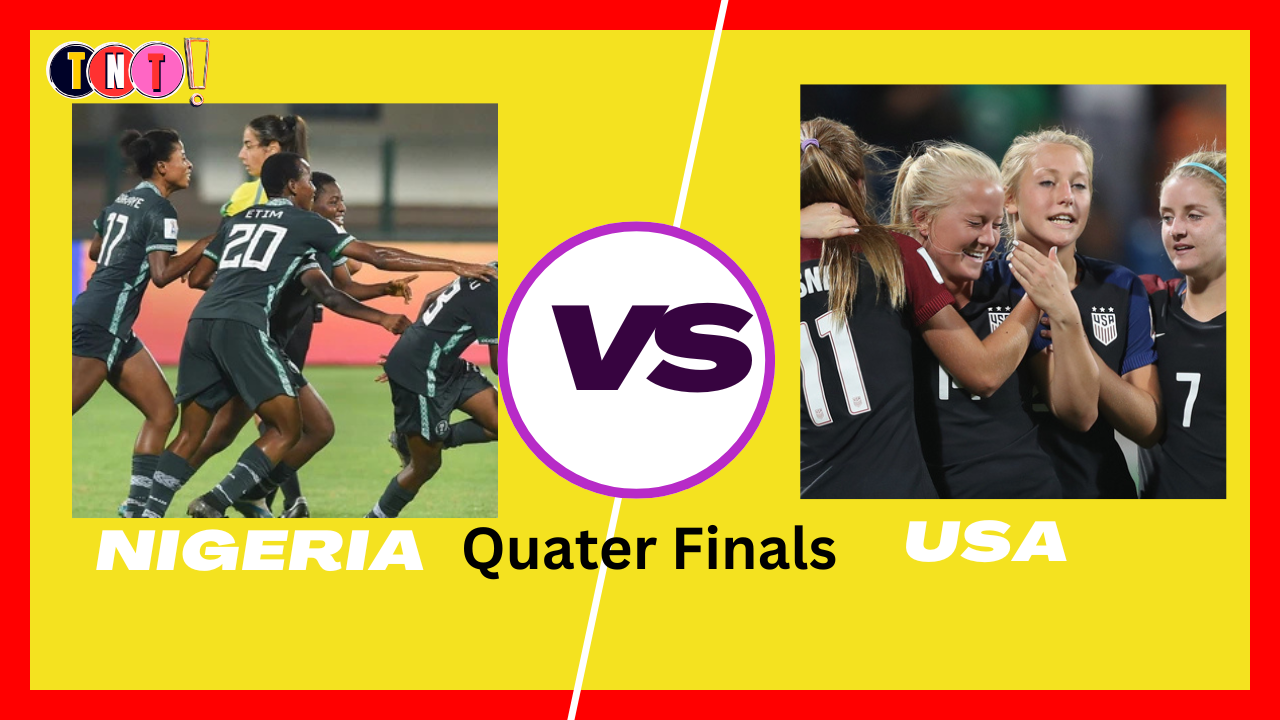The saga between the Nigerian National Petroleum Corporation (NNPC) and Dangote Industries Limited has captivated public attention, reflecting broader issues within Nigeria’s oil and gas sector. This article delves into the core of the dispute, examining the claims and counterclaims to uncover the truth.

The Heat is Still On NNPC vs. Dangote
NNPC, Nigeria’s state oil corporation, and Dangote Industries, led by Africa’s richest man, Aliko Dangote, are both pivotal to Nigeria’s economic landscape. The focal point of their recent conflict is the Dangote Refinery, a massive 650,000 barrels-per-day facility in Lagos, poised to be Africa’s largest. This refinery represents a significant private investment in Nigeria’s energy sector, aimed at transforming the country from a net importer to an exporter of refined petroleum products.
The Dispute: What Caused the Issue of Dangote and NNPC
The heart of the contention lies in the refinery’s potential impact on Nigeria’s oil and gas sector and its regulatory environment. Several key issues define this dispute:
Market Dominance Concerns:
- NNPC’s Perspective: There are fears that Dangote Refinery’s capacity might monopolize the market, potentially sidelining NNPC’s refineries. Given Nigeria’s historical challenges with refinery operations and fuel importation, NNPC worries about the long-term implications for national energy security. The state corporation emphasizes the need to maintain a competitive landscape to avoid creating a private monopoly that could dictate prices and supply terms unilaterally.
- Dangote’s Counterpoint: Dangote Industries argues that the refinery will end Nigeria’s reliance on imported refined products, create jobs, and stabilize fuel prices. They contend that their project will benefit the broader economy, not just a single entity. Dangote also highlights the inefficiencies and chronic underperformance of NNPC’s refineries, suggesting that the private sector’s involvement is crucial for revitalizing the industry.
Regulatory and Pricing Issues:
- NNPC’s Concerns: There are apprehensions about pricing mechanisms and regulatory oversight. NNPC questions whether the refinery will adhere to national pricing regulations or seek exemptions that could disrupt market stability. The fear is that an unregulated or poorly regulated giant like the Dangote Refinery could lead to price manipulation, adversely affecting consumers and smaller market players.
- Dangote’s Position: Dangote Industries maintains that they will operate within the regulatory framework, emphasizing transparency and cooperation with national guidelines to ensure fair pricing and market equilibrium. They argue that their operations will be transparent and beneficial, contributing to economic stability and consumer protection.
Strategic Interests and National Development:
- NNPC’s Argument: NNPC highlights the need for a balanced approach that safeguards national interests. They stress the importance of maintaining operational refineries and a competitive market to avoid over-reliance on a single private entity. NNPC insists that a diversified approach involving multiple players is crucial for national energy security and economic resilience.
- Dangote’s Vision: Dangote underscores the strategic importance of the refinery in achieving self-sufficiency in refined petroleum products. They envision the project as a catalyst for industrial growth, regional trade, and economic diversification. Dangote argues that their refinery will provide a reliable source of refined products, reduce import dependency, and spur ancillary industries, thereby fostering overall economic development.
Analysis: Separating Fact from Fiction
To discern the truth, it’s crucial to scrutinize the underlying facts and motivations of both parties.
Economic Impact:
The Dangote Refinery has the potential to significantly reduce Nigeria’s import bill for refined products, enhancing foreign exchange reserves and boosting the economy. However, market dynamics must be carefully managed to prevent monopolistic practices. While the refinery promises substantial economic benefits, the potential for market dominance by a single private entity raises valid concerns about pricing power and supply control.
Operational Viability:
Historically, NNPC’s refineries have struggled with inefficiencies and corruption. The entry of a private player like Dangote could inject much-needed competition and innovation, potentially revitalizing the sector. Dangote’s operational model, driven by private capital and efficiency imperatives, contrasts sharply with NNPC’s state-run approach, which has been marred by operational challenges and bureaucratic inertia.
Regulatory Oversight:
Effective regulation will be pivotal. Ensuring that Dangote Refinery operates within a fair and transparent regulatory framework will be essential to maintaining market stability and protecting consumer interests. Robust regulatory oversight will be necessary to prevent anti-competitive practices and ensure that the refinery’s benefits are widely distributed across the economy.
Job Creation and Economic Diversification:
Dangote’s project is poised to create thousands of jobs, both directly and indirectly, stimulating local economies and providing employment opportunities. Furthermore, the refinery could serve as a springboard for economic diversification by promoting related industries such as petrochemicals, logistics, and manufacturing, thereby reducing Nigeria’s over-reliance on crude oil exports.
A Balanced Path Forward
The NNPC vs. Dangote narrative is more than a corporate tussle; it reflects broader themes of national development, market dynamics, and regulatory governance. Both entities play crucial roles in Nigeria’s economic future, and a balanced approach that fosters cooperation, competition, and regulatory integrity will be vital.
For Nigeria to fully realize the benefits of the Dangote Refinery while safeguarding national interests, it is imperative to establish a robust regulatory framework, ensure fair market practices, and promote transparency. Only then can the truth lie in a future where both NNPC and Dangote Industries contribute to Nigeria’s economic prosperity.
Strategic Cooperation and National Interest:
Looking ahead, a cooperative framework between NNPC and Dangote could yield synergistic benefits. Joint ventures, shared infrastructure, and collaborative research and development could enhance the efficiency and output of Nigeria’s refining capacity. Moreover, aligning the strategic goals of both entities with national interests will be crucial for sustainable economic growth and energy security.
Public Perception and Trust:
Building public trust will be essential. Transparent communication about the roles, responsibilities, and benefits of both NNPC and Dangote Refinery will help to address public concerns and foster a sense of shared national interest. Public engagement and stakeholder consultations can play a vital role in ensuring that the benefits of the refinery are widely understood and appreciated.
Conclusion: Ensuring a Harmonious Future
The NNPC vs. Dangote Refinery dispute encapsulates the challenges and opportunities within Nigeria’s oil and gas sector. By fostering a collaborative approach, ensuring robust regulatory oversight, and prioritizing national interests, Nigeria can harness the strengths of both public and private sectors to drive economic growth, ensure energy security, and achieve sustainable development. Through such balanced and inclusive strategies, the nation can look forward to a prosperous future where both NNPC and Dangote Industries play pivotal roles in its economic success.



